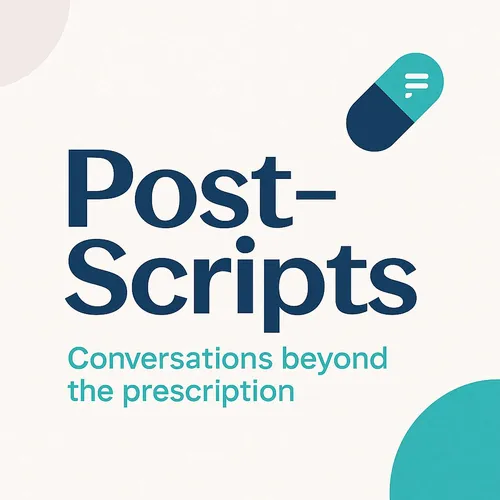How AI Voice Technology Is Transforming Pharmaceutical Patient Support
- Author
- Medisafe Team
- Published
- Tue 12 Aug 2025
- Episode Link
- None
The healthcare landscape is being reshaped by a powerful new tool: AI voice agents. These conversational companions are addressing one of healthcare's most persistent challenges – medication non-adherence, which affects 50% of patients with chronic conditions and costs the US healthcare system over $300 billion annually.
Unlike traditional digital solutions that require technical proficiency, AI voice agents leverage natural conversation to provide timely medication reminders, education, and encouragement. For elderly patients, the visually impaired, or those with limited digital literacy, these voice-first interactions remove barriers to consistent medication management. Platforms like Medisafe Via exemplify this approach, offering multimodal support through voice-guided tracking that enhances accessibility while maintaining human-centered care.
The benefits extend throughout the healthcare ecosystem. Physicians currently spend over 15 hours weekly on prior authorizations alone – a leading contributor to burnout. AI voice agents embedded in EHR platforms can automate intake processes, verify insurance, and support authorization workflows, allowing clinicians to focus on patient care rather than paperwork. Mayo Clinic has already demonstrated remarkable success, with their AI voice program serving 450,000+ patients and achieving an 80% response rate while enabling care teams to prioritize those truly needing human intervention.
For underserved populations facing language barriers or limited technology access, voice agents provide multilingual support without requiring smartphones. For pharmaceutical companies, these technologies offer new channels for delivering personalized, brand-specific messaging beyond traditional representatives or digital advertisements. The micro-interactions facilitated by voice agents compound over time, building trust and driving deeper engagement with treatments.
As we look ahead, voice interfaces will increasingly become the foundation of patient experiences – not replacing human connection, but elevating it by making healthcare more scalable, proactive, and patient-centered. Have you considered how voice automation might transform your patient support strategy? Subscribe to Postscripts for more insights at the intersection of pharma technology and patient impact.
PostScripts Rx is not intended to constitute medical advice, nor is it intended to influence prescribing decisions or any other medical or clinical decision-making. All medical and clinical judgment and decision-making, prescribing decisions, and all related considerations remain exclusively the responsibility of providers and patients.
